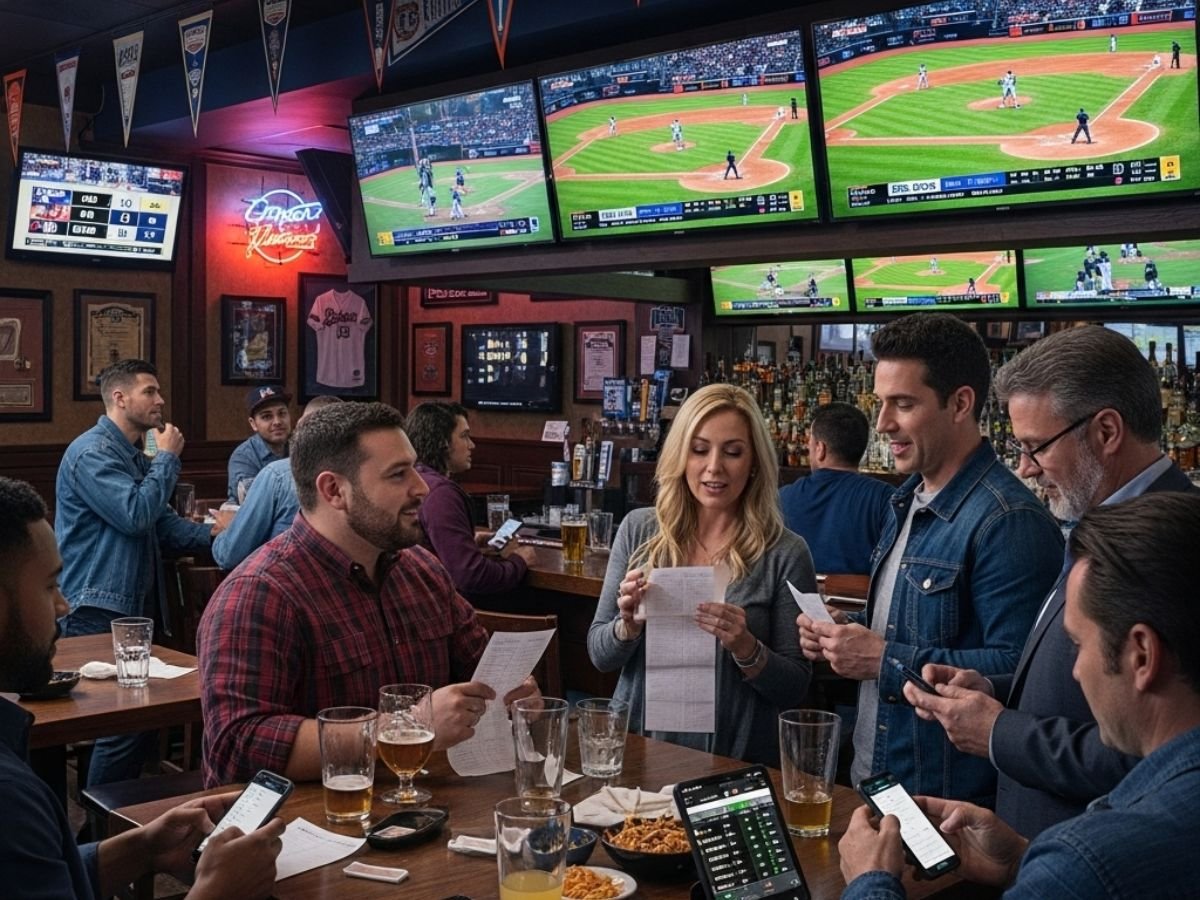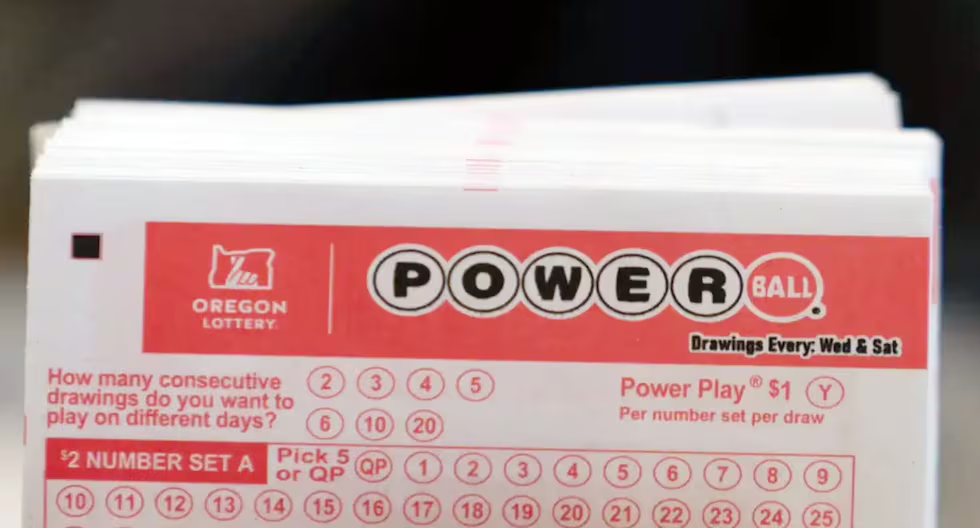Baseball may be known as America’s pastime, but for bettors, it’s also a numbers game. Pitching matchups, bullpen depth, batting splits, and ballpark dimensions often dominate the conversation. Yet one factor that many casual bettors overlook is the role of the umpire.
Every Major League Baseball game has a home plate umpire, and that individual’s strike zone can dramatically influence how the game unfolds. Some umpires call a tight zone, forcing pitchers to throw more hittable strikes. Others are known for a wide zone, giving pitchers extra room on the corners. These tendencies don’t just affect players, they shape betting outcomes as well.
Also Read: Betting on MLB doubleheaders: What bettors should know
For US bettors, using umpire stats in baseball betting can provide a hidden edge, especially when wagering on totals (over/unders), strikeout props, or even moneyline plays. In this guide, we’ll break down why strike zones matter, what umpire data is available, and how to apply it to your bets.
Why umpire strike zones matter in MLB betting
- Tight strike zones favor hitters: When an umpire squeezes pitchers, more balls turn into walks or hittable pitches. That usually leads to higher run totals.
- Wide strike zones favor pitchers: Pitchers can expand the corners, piling up strikeouts and inducing weak contact. That can drive games under the total.
- Consistency matters: Some umpires are unpredictable, making it harder to handicap a game. Knowing who’s behind the plate helps bettors anticipate how the game may flow.
How to use umpire stats in betting
- Totals betting (over/under):
If a hitter-friendly umpire is calling the game, the over becomes more appealing. A pitcher-friendly ump often lines up with unders. - Strikeout props:
Wide-zone umpires increase the chance of strikeouts. Savvy bettors can lean toward pitcher strikeout overs when these officials are behind the plate. - Walks and on-base props:
With a tight zone, batters draw more walks. This can influence betting on player props or team totals. - Moneyline angles:
Umpire tendencies can exaggerate pitching matchups. For example, a strikeout-heavy pitcher paired with a wide-zone ump may give his team a stronger edge than the line suggests.
Where to find umpire stats
Umpire data is publicly tracked on baseball stat sites and betting forums. Key stats include:
- K/9 rate (strikeouts per nine innings with that ump)
- Walk rate under each umpire
- Runs per game average in games they officiate
- Historical over/under record with that umpire
US bettors should track these over time, as trends often stay consistent across multiple seasons.
Also Read: MLB Betting in September: How playoff races affect odds, things to remember
Practical example
Imagine a matchup at Coors Field, already one of MLB’s most hitter-friendly parks. If the home plate umpire has a history of tight strike zones, the chances of an offensive explosion increase further. Bettors spotting that trend might lean toward the over or target hitter props.
Conversely, in a pitcher’s duel with a wide-zone umpire, even a hitter-friendly park could see lower scoring than expected. Recognizing this edge can separate smart bettors from the crowd.
Key takeaways for US bettors
- Umpire tendencies are a real and measurable factor in MLB betting.
- Strike zones influence runs scored, strikeouts, and walk rates.
- Combining umpire stats with ballpark data, weather, and pitching matchups gives bettors a sharper edge.
- While not foolproof, umpire analysis is one more tool in a bettor’s arsenal to find hidden value.
FAQs
Q1: Do sportsbooks adjust lines based on the home plate umpire?
Sometimes, but not always. Books focus more on pitchers, lineups, and ballparks. This leaves value for bettors who track umpire tendencies.
Q2: Which bets are most affected by umpire strike zones?
Totals (over/under), pitcher strikeout props, and walks are most impacted. Moneylines can be influenced in certain matchups.
Q3: Are umpire stats consistent from season to season?
Generally, yes. Umpires develop reputations for wide or tight zones, and those trends often remain steady across years.
Q4: Where can bettors find umpire strike zone data?
Websites like Baseball Reference, FanGraphs, and specialized betting data services track umpire stats.
Q5: Can umpire bias toward home teams impact betting?
While most umpires strive for fairness, some show subtle trends. It’s worth checking home vs away splits in umpire data.








